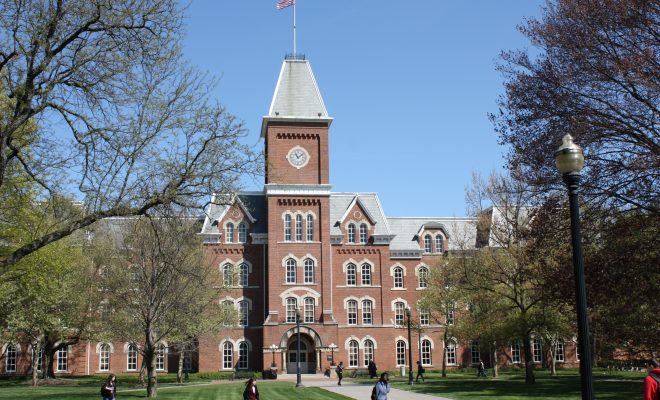Why So Many Low-Quality Institutions Exist

Mostly everyone in society agrees that a college education is the best way to advance in one’s career and improve one’s financial situation. Formal education broadens your network and increases your net worth while also teaching critical thinking skills.
Colleges and universities are not all the same. Of course, each offers different programs and courses of study, but the real puzzle is that the quality of educational programs can differ between similar universities. Some schools will be of much lower quality than others, offering inferior educational opportunities.
Many people are perplexed as to why so many low-quality higher education institutions still exist.
Initiatives to reduce costs
One of the reasons that low-quality higher education institutes persist is due to cost-cutting initiatives such as online classes. Universities are scrambling to find ways to compensate for inadequate funding. Unfortunately, they are jeopardizing the quality of education at their institution by doing so. This is especially true for online classes.
Universities can economize by offering MOOCs (Massive Open Online Courses) for introductory college courses. A single MOOC has a high teacher-to-learner ratio, and not all colleges are as deliberate about learner support as Arizona State University. When universities implement cost-cutting measures, students frequently receive a low-quality education.
Failure to raise the bar
Affluent students look for better universities to study at, but many minority students set their sights too low. They gain admission to low-quality schools despite the fact that they could have gotten into higher-quality institutes.
Students of African American and Hispanic origin are more likely than their white or Asian peers to attend a low-quality school. Students who enroll in low-quality colleges are frequently the first in their families to attend college, and they are unaware of better options that may be available to them. First-generation college students lack the knowledge and confidence to select higher-quality institutions.
As a result, they are inadvertently perpetuating low-quality colleges.
Alumni who are devoted
University students form friendships and partnerships that will last them their entire lives. At these schools, some students even meet and marry their spouses. Alumni who have formed long-lasting friendships at college are among the first to speak out against the closure of a beloved alma mater, even when it is clear that the applications presented no longer meet the best standards. Their emotional ties to the university, as properly as their ongoing financial support of the school through donations, assist low-quality colleges in remaining open.
These schools are likely to exist until we change our perception of what a university-level education entails.






